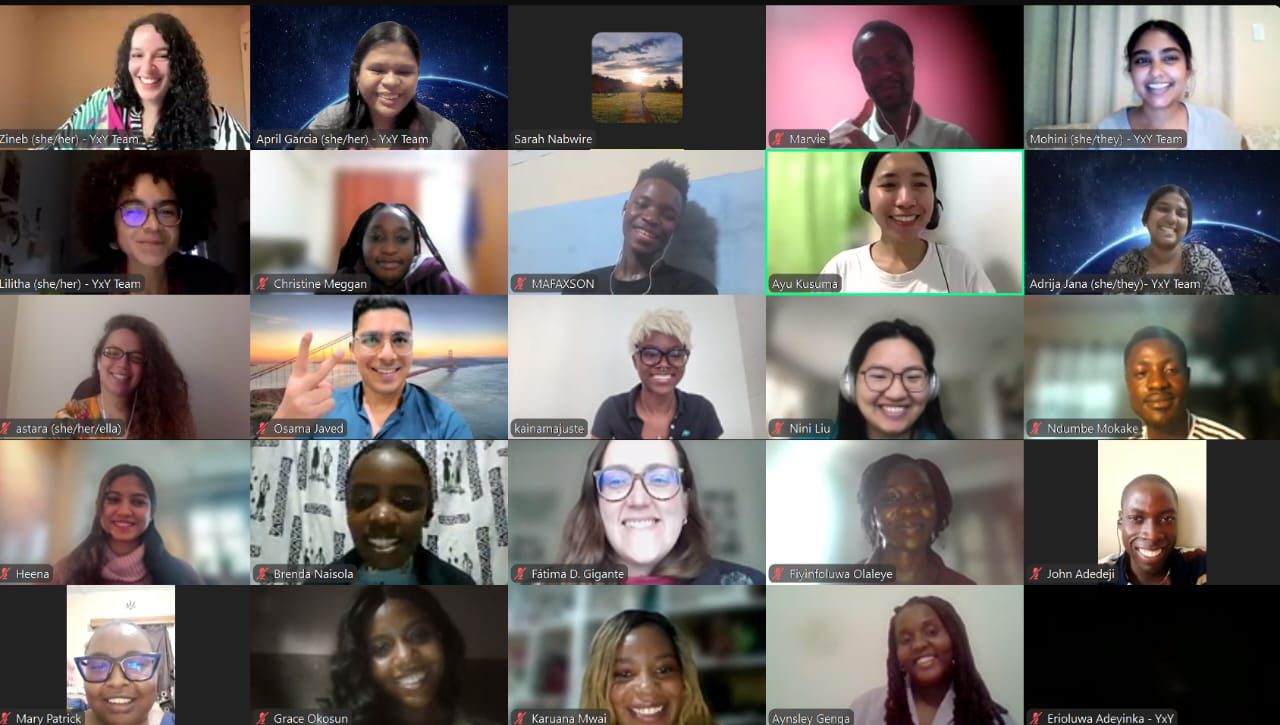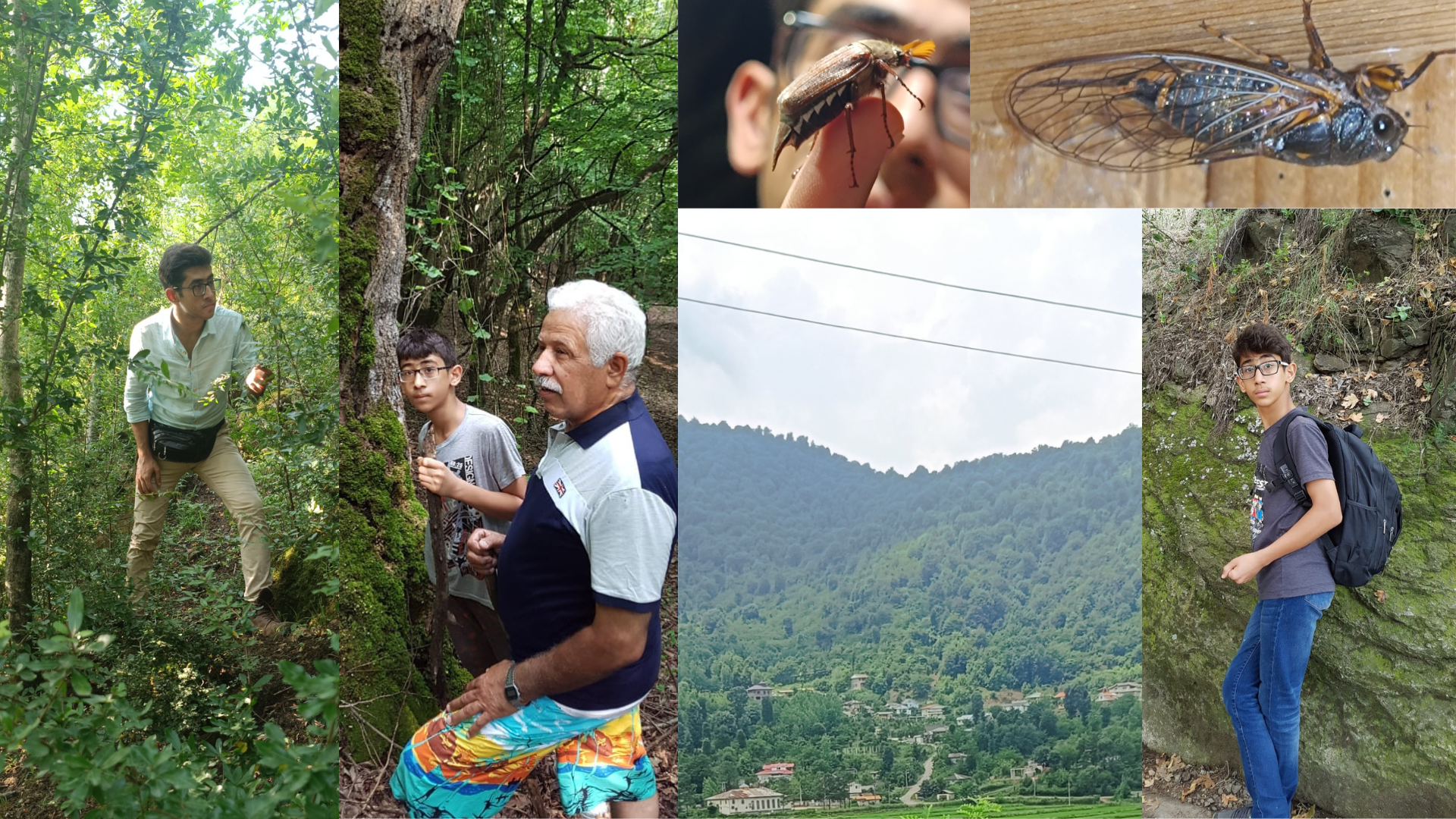
Climate change is a very big issue in our planet right now. Many human activities cause this issue. The primary cause is the burning of fossil fuels for transport, industry and power, producing carbon dioxide and leading to global warming. Countries all over the world have understood the necessity to have international agreements to prevent global warming by reducing emissions. COP 28 can be identified as the 28th Conference of the Parties of the United Nations Framework Convention on Climate Change which will be held in United Arab Emirates from November 30 to December 12, 2023. The event will host more than 80,000 delegates, including 140 heads of states and governments. The COP 28 ‘s main purpose is to be a crucial summit for advancing global climate action and achieving the goals of the Paris Agreement, which was not successful enough to battle climate change.

The Paris Agreement (COP21), which was an international treaty on climate change which was negotiated by 196 parties at the 2015 United Nations Climate Change Conference has the main goal to keep the rise in global temperature well below 2 °C (3.6 °F) and preferably below 1.5 °C (2.7 °F) by 2030. However, the global emissions have not been reduced enough to achieve 1.5 degree Celius goal. This agreement has been proved by many organizations to be ineffective. Some reasons include failure to include undercutting the power of fossil fuel industry, getting rid of false solutions and supporting clean energy, addressing the climate change in developing countries and addressing the effects of climate change on marginalized people.

The COP 28 president-designate is Dr. Sultan Ahmed Al Jaber, the minister of industry and advanced technology and UAE special convoy for climate change. He has laid his strategy for COP 28, which is the 4Fs, fast tracking transition to a low-CO2 world, fixing climate finance, focusing on people, lives and livelihoods, and full inclusivity. However, environmentalists are doubtful whether he will be effective in tackling climate change because of his current role as the managing director and group CEO of the Abu Dhabi National Oil Company (ADNOC group).

Climate change has many adverse effects on earth. Warmer temperatures increase the frequency, intensity and duration of heat waves which pose health risks, particularly for young children and elderly. Climate change also impact human health by worsening air and water quality, increasing the spread of certain diseases, and altering the frequency or intensity of extreme events. Rising sea level threatens coastal communities and ecosystems. Changes in the pattern and amount of rainfall, as well as changes in the timing of amount of stream flow, can affect water supplies and water quality and the production of hydroelectricity. Changing ecosystems influence geographical ranges of many plant and animal species and the timing of their lifecycle events, such as migration and reproduction, increases in the frequency and intensity of extreme weather events, such as heat waves, droughts, and floods, can increase losses to property, cause disrupts to society, and reduce the affordability of insurance.

Mostly poor countries are affected due to climate change when compared the rich countries because they lack financial strength afford cutting-edge technologies to save their lives and properties and to live normal lives when natural disasters strike. They are the ones who are mostly affected by heat waves, flooding, hurricanes and landslides. Statistics also show the poorest countries have the smallest carbon footprints. These lowest income countries produce one-tenth of the emissions. Vulnerable populations in these countries suffer more damage in terms of health, food and water, education and more. Developing countries have a window opportunity to put mitigating policies in place.

There are many hopes of people all over the world towards having a much safer earth where the global emissions are low and countries all over the world using renewable energy sources to generate power. For this, agreements should be made with the nations in the world. So, we can hope that the new upcoming COP 28 would be a success and create a bright future for the mother earth.

*This piece was originally published on the Humanities Archive*






Comments